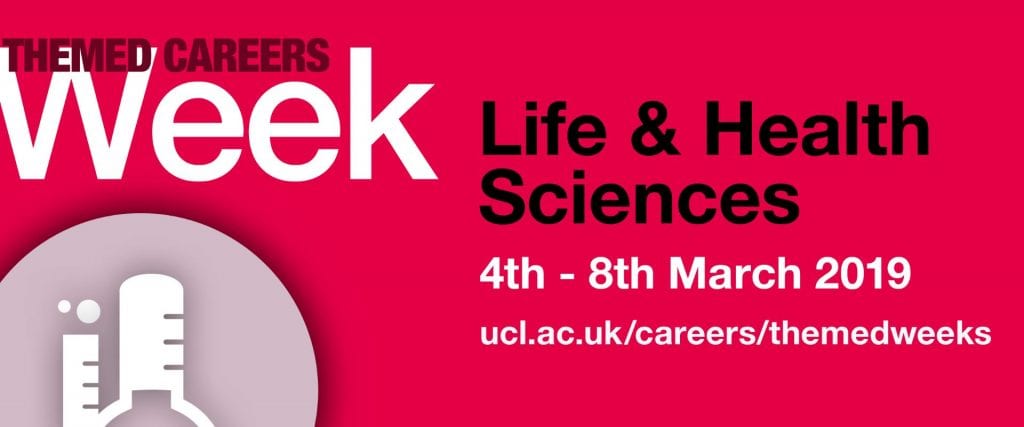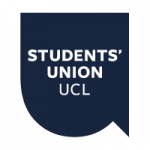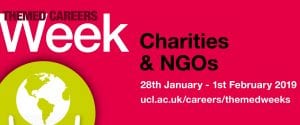Sustainability Fortnight: Careers in Conservation, Ecology & Wildlife
By UCL Careers, on 15 March 2019

The 20th of February saw our second panel discussion for Sustainability Fortnight exploring careers in Conservation, Ecology & Wildlife. Our panellists were:
- Gwen Buck, Policy Advisor at Green Alliance
- Jonathan Brauner, Logistics and Business Liaison at Wildlife For All
- Dave Kirby, Associate Ecologist at WPS
- Clare Pugh, Senior Ecologist at Atkins
- Francesca Trotman, Founder and Managing Director at Love The Oceans
We heard from each panellist about their career path and the decisions that led them to their current roles – to hear their stories, you can read their biographies and view the event recording.
The speakers had plenty of advice for current students – and what you can do now to shape your own career.
Get involved
Gwen Buck, Policy Advisor at the Green Alliance, found her career after becoming interested in the politics around the environment and conservation. She found that involving herself in events and networking opportunities in the local area enabled her to find out about companies and career opportunities she might not have found otherwise.
“Make sure to ask people plenty of questions!” – Gwen Buck, Policy Advisor at Green Alliance
Clare Pugh, Senior Ecologist at Atkins, also recommended joining the Ecology Network as another way to broaden understanding of the industry and access contacts and career opportunities. Both panellists were keen to point out that even though experience might not be in the form of a formal work placement any experience can still be greatly beneficial.
David Kirby, Associate Ecologist at WPS, finally added that “gaining any kind of experience is a good idea”. This can be particularly useful in gaining practical experiences such as surveying and gaining a surveying license; these are necessities of the roles at his firm and can be gained whilst still a student.
Attitude
Jonathan Brauner, Logistics and Business Liaison at Wildlife for All, was keen to stress the importance of a positive attitude when working in this area. “All of the staff at our organisation are voluntary” he stated. “This means that it is vital that anyone looking to work with us has the right attitude, both in giving their time and their approach to the work”. Gaining work experience in the industry can often be temporary, unpaid or physically exerting and therefore anyone looking to participate should be positive they are willing to take part and happy to do a range of tasks.
Persistence is key
Francesca Trotman is the Founder of charity Love The Oceans and was keen to point out that persistence has been a key trait which her career has benefitted from. “I always knew what I wanted to do but setting up a charity which works in Mozambique has plenty of challenges”, she said, “but I’ve been told I won’t be able to do something 1,000 times and have always managed to do them so far”. She also felt that being flexible is a real benefit, particularly due to the atypical types of opportunity that come up to someone looking to work in the industry.
Potential growth areas
The panel were asked about potential growth areas which students may see increased opportunity in for the near future. Clare discussed areas within her work in sustainability for large consultancies and pinpointed biodiversity net-gain (improving biodiversity rather than simply offsetting losses) as an area that is being increasingly promoted within her field.
David added that there are increases in the use of new technologies, for example in the collection and analysis of data, which is also growing and is an area which students should look to understand and develop new skills in.
Want to learn more? You can find event recordings and resources from previous Themed Weeks on our website.
 Close
Close










